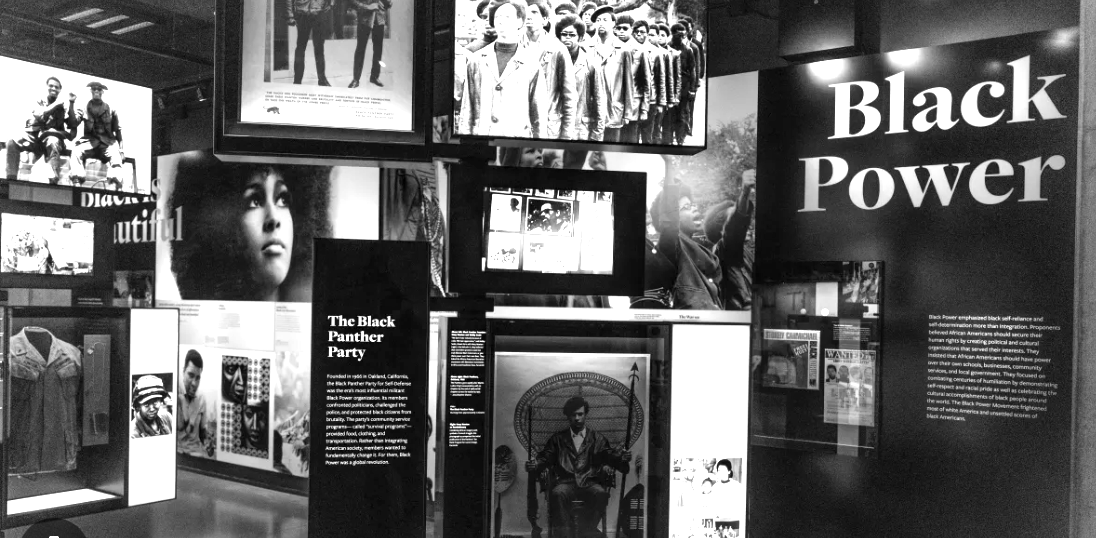Content:

Actually, Slavery Was Very Bad
The Atlantic
08/22/2025
In what looks to be an intensifying quest to reshape American history and scholarship according to his own preferences, President Donald Trump this week targeted the Smithsonian Institution, the national repository of American history and memory. Trump seemed outraged, in particular, by the Smithsonian’s portrayal of the Black experience in America.
He took to Truth Social to complain that the country’s museums “are, essentially, the last remaining segment of ‘WOKE.’ The Smithsonian,” he wrote, “is OUT OF CONTROL.” Then Trump wrote something astonishing, even for him. He asserted that the narrative presented by the Smithsonian is overly focused on “how horrible our Country is, how bad Slavery was, and how unaccomplished the downtrodden have been.”
Before continuing, it is important to pause a moment and state this directly: Donald Trump, the current president of the United States, believes that the Smithsonian is failing to do its job, because it spends too much time portraying slavery as “bad.”
After reading his post, I thought of the historian Lonnie Bunch, the current secretary of the Smithsonian—the first Black person to lead the institution since its founding in 1846—and the founding director of the Smithsonian’s National Museum of African American History and Culture.
Bunch has been fighting efforts by the Trump administration to bring the Smithsonian into conformity with the MAGA vision of American history, and people familiar with his views say he is committed to protecting the intellectual integrity and independence of the Smithsonian. But how much longer, given Trump’s ever more antagonistic position, will Bunch be able to withstand the presidential pressure?
On Truth Social, Trump said he had “instructed my attorneys to go through the Museums, and start the exact same process that has been done with Colleges and Universities where tremendous progress has been made.” A recent letter to the Smithsonian from the White House states that the review will be completed and a final report issued by early 2026, in time for the nation’s 250th anniversary, “to ensure alignment with the President’s directive to celebrate American exceptionalism.”
Trump’s Truth Social comment on slavery was unsettling for me not only because I am the descendant of enslaved people, and not only because I was born and raised in New Orleans, which was once the center of the domestic slave trade, but also because I am an American who believes that the only way to understand this country—the only way to love this country—is to tell the truth about it. Part of that truth is that chattel slavery, which lasted in the British American colonies and then the American nation for nearly 250 years, was indeed quite bad.
In 2021, I published a book about how we remember slavery. I have spent years reading the first-person accounts of formerly enslaved people discussing the myriad horrors they endured—the journey across the Middle Passage, the abuse, the sexual violence, the psychological terror, the family separations. It is worth taking the time, in light of the president’s recent words, to revisit some of these accounts.